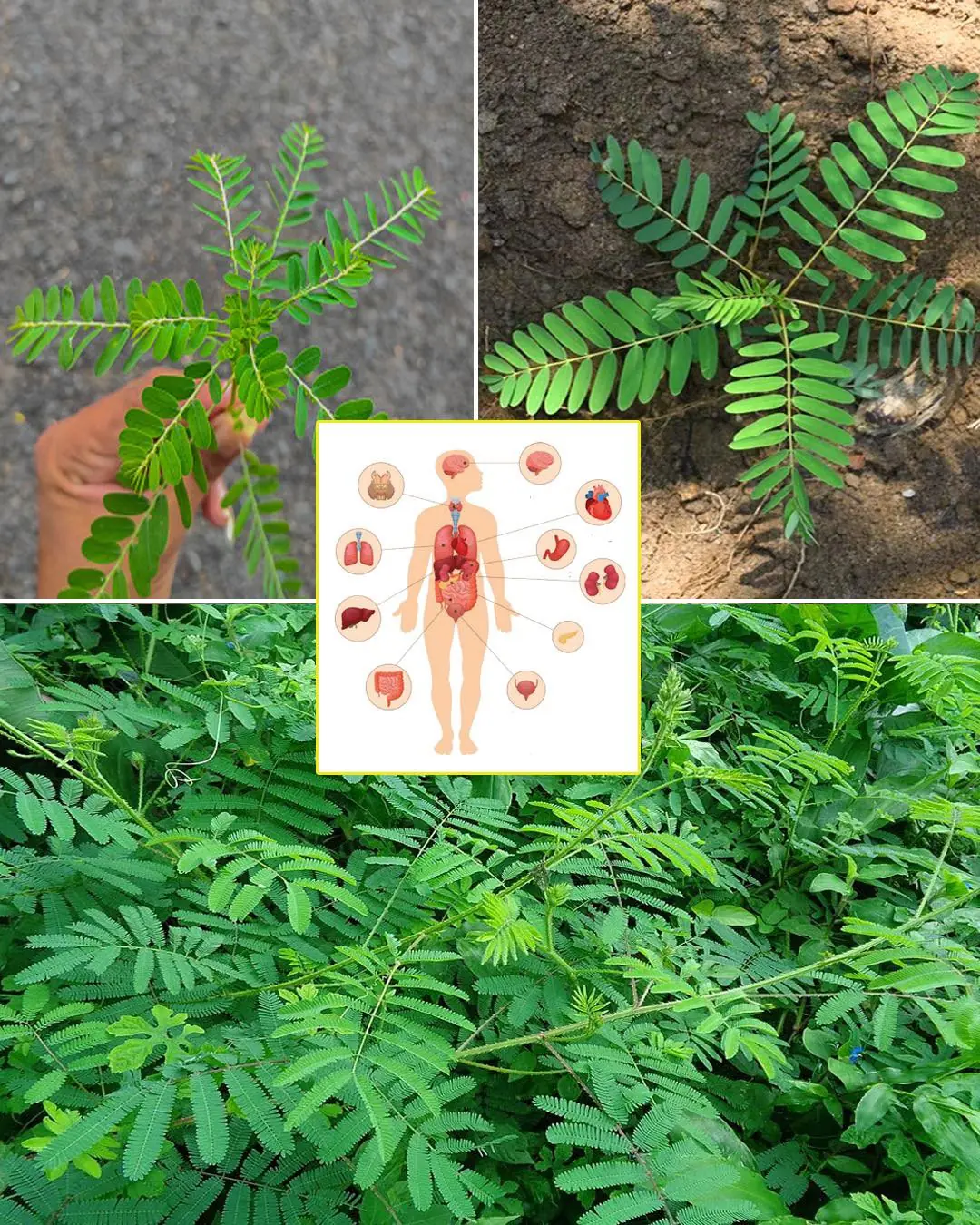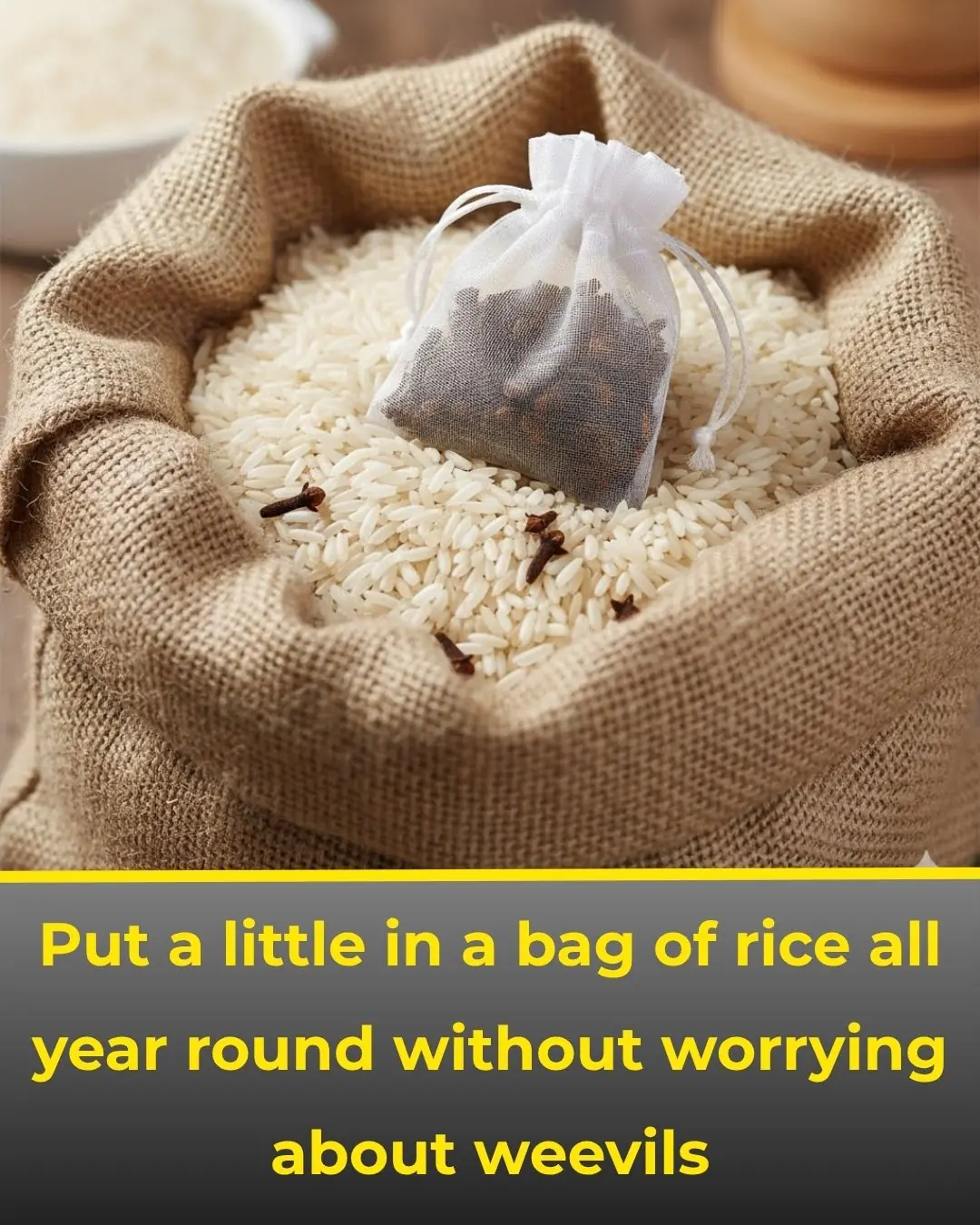
5 common coffee mistakes that can harm your health — and safer, evidence-based fixes
Coffee is one of the world’s favorite pick-me-ups, and in moderate amounts it can have real benefits. But some everyday habits around how, when and what you drink with your coffee can undercut those gains — or even cause harm. Below I rewrite and expand the original list into a practical, evidence-backed guide (with reputable sources cited). Tạp Chí Đời Sống
1) Drinking coffee on an empty stomach
Many people gulp a black coffee first thing. For some that’s fine, but coffee stimulates gastric acid and can aggravate heartburn or reflux in sensitive people — and it may make some stomach symptoms worse if you already have gastritis or GERD. If you notice burning, nausea or indigestion after a morning coffee, try eating a small snack first (yoghurt, a banana or a piece of toast) or choose a gentler brew. Harvard Health+1
2) Overdoing it: too much caffeine in a single day
Most health authorities say up to about 400 mg of caffeine per day appears safe for most healthy adults — roughly four cups of brewed coffee — but individual tolerance varies and certain groups (pregnant people, those with heart conditions, people on stimulants) should aim lower. High doses can cause anxiety, palpitations and even serious cardiac problems at extreme levels. Track your total caffeine from coffee, tea, energy drinks and meds. Mayo Clinic+1
3) Loading coffee with sugar, syrups or heavy creamers
Flavoured and sugary coffee drinks can hide a lot of added sugar and calories; frequent consumption of sugar-sweetened beverages is linked to weight gain and higher risk of type-2 diabetes and other metabolic harms. If you love a sweeter cup, reduce syrup pumps, swap in a dash of cinnamon or a small amount of milk, or choose unsweetened plant milks. CDC+1
4) Sipping coffee too late in the day
Caffeine’s effects last longer than many expect. Studies show caffeine taken even 6 hours before bedtime can significantly worsen sleep quality, so an afternoon cutoff — often around 2–3 p.m. for people who sleep at night — is a sensible rule of thumb if you have trouble falling or staying asleep. Remember individual metabolism varies: some people are more sensitive and need an earlier cutoff. PMC+1
5) Using very dark, burnt or low-quality beans without thinking about contaminants
Very dark roasts and some high-temperature cooking processes produce acrylamide, a processing contaminant that has raised safety questions in animal studies (food-science groups and regulators advise limiting exposure). That doesn’t mean you must quit coffee — population studies often find neutral or protective effects of habitual coffee — but prefer reputable beans, avoid aggressively burnt roasts, and don’t over-char your home roasts. The FDA and cancer-research bodies recommend practical ways to reduce acrylamide exposure when possible. U.S. Food and Drug Administration+2cancer.gov+2
News in the same category

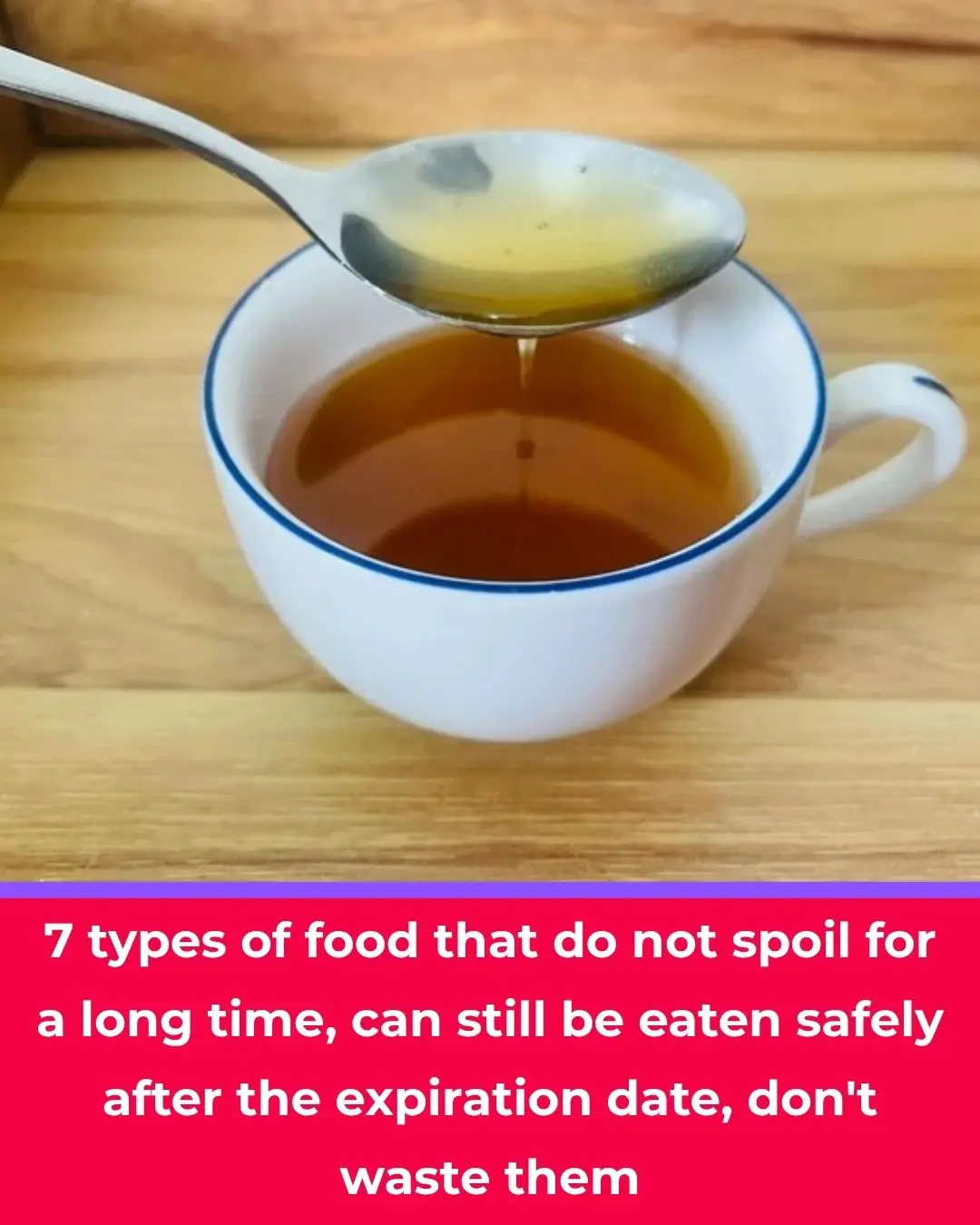
7 pantry items that really don’t spoil — and how to store them so they stay great

8 instant, drug-free ways to stop motion sickness — rewritten, expanded and evidence-backed

Do you need to unplug the rice cooker after the rice is done? — an expanded, evidence-backed guide

Put a clove of garlic by your pillow? Here’s what the tradition actually does — and what science and doctors say

The 3 best times to drink perilla leaf tea — and what science and safety advice say
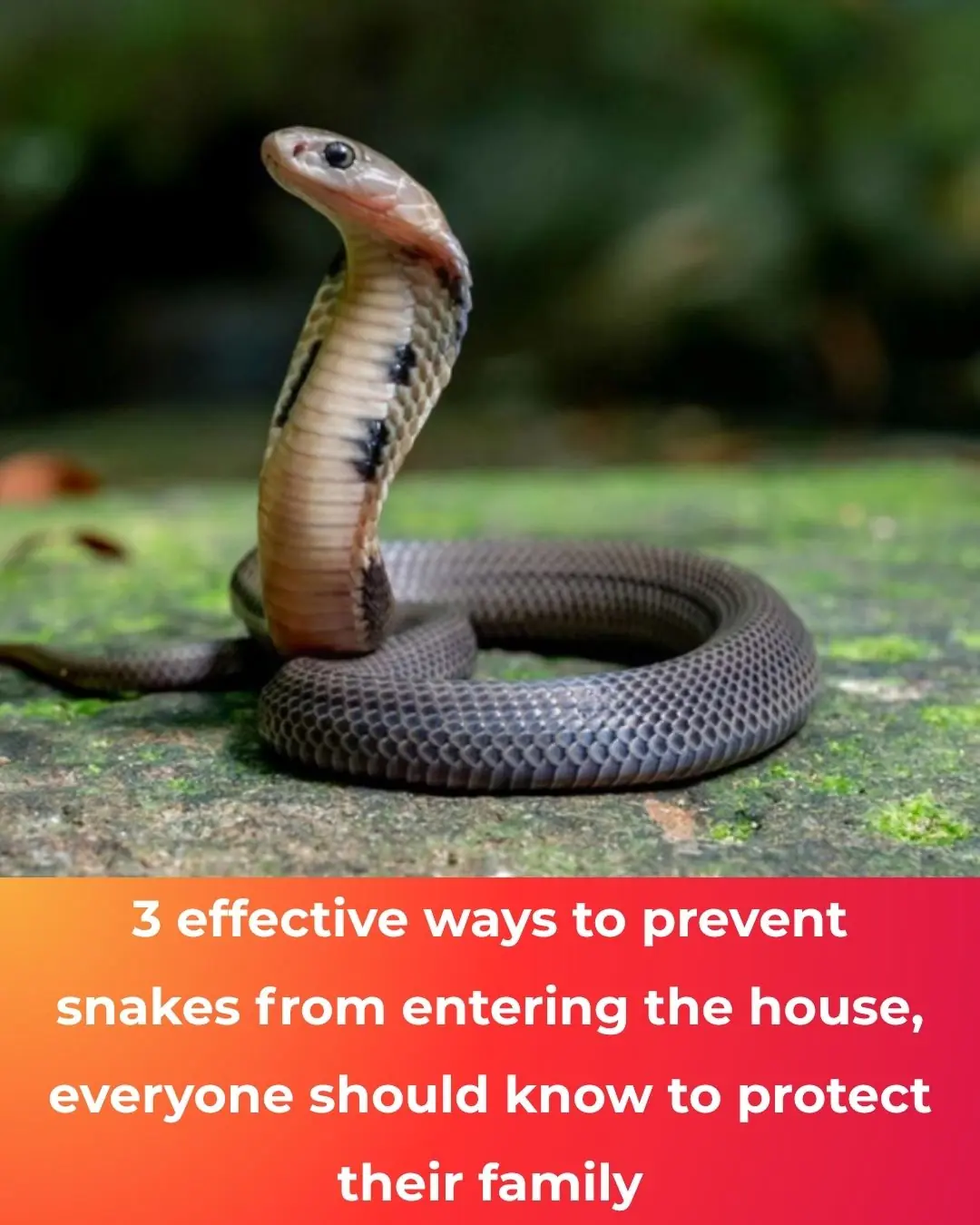
3 practical ways to stop snakes from getting into your home — plus safer alternatives and what not to do

Robin Williams' daughter issues desperate plea to fans after receiving 'disgusting' AI videos of her dad

Reason why Donald Trump had 'no chance' at winning' Nobel Prize despite his claims 'he deserved it'

Emmerdale fans 'work out' what's really wrong with Moira Dingle after collapse

McFly star Harry Judd's wife Izzy opens up on their child's difficult health condition

Bill Belichick trying to ‘find the leak’ with reports of UNC dysfunction spreading

Mike Francesa misses Yankees watch party for ‘emergency’ surgery

Taylor Swift’s floral ‘Late Night With Seth Meyers’ outfit is covered in Easter eggs

Selena Gomez’s kidney donor, Francia Raisa, addresses wedding snub and feud rumors

‘Shuts TF Up’: Scott Jennings’ Unhinged Back and Forth with Abby Phillip Takes a Turn When Van Lathan Begins to Speak

Melissa Koby Becomes First Black Woman to Create Official U.S. Open Artwork, Honors Althea Gibson for 75th Anniversary

Joy-Ann Reid Returns to the Mic With New Podcast “The Joy Reid Show”

Kamala Harris Makes Surprise Appearance at Compton High Graduation After Chance Encounter With Student
News Post

Growing Wildflowers: A Mother’s Journey Through the Chaos

The Baby in Princess Diana’s Arms

A Lifetime in Bloom: Lois Shows Us What Passion Truly Grows

Farewell to a Giant Soul: Vatsala the Elephant Passes at 100

Keeping the Monsters Away: The Quiet Heroism of Foster Parents

From Sidewalk to Forever: A Daughter’s Choice That Changed Everything

A Thirst for Life: Cyclists Halt Ride to Save Parched Koala in Australia’s Heatwave

An Actor’s Greatest Role: Morgan Freeman Becomes a Guardian of Strays

When a Celebration Became a Goodbye: A Daughter’s Farewell to Her Faithful Companion

Bella the Hero: How a Pit Bull’s Loyalty Saved a Life

No Matter How Dirty You Are, Absolutely AVOID These 7 “Dangerous Hours” When Washing Your Hair to Prevent Stroke, Sudden Illness, or Hospitalization Without Warning

3 Common Mistakes When Using Plastic Wrap That Can Cause Cancer and Are Often Made by Many People

A Kiss from Joy: The Language of Love Between Elephants and Humans

What Do Vertical Nail Ridges Mean After 40

A Brave Fight for Life: Kuba’s Battle Against Ewing’s Sarcoma
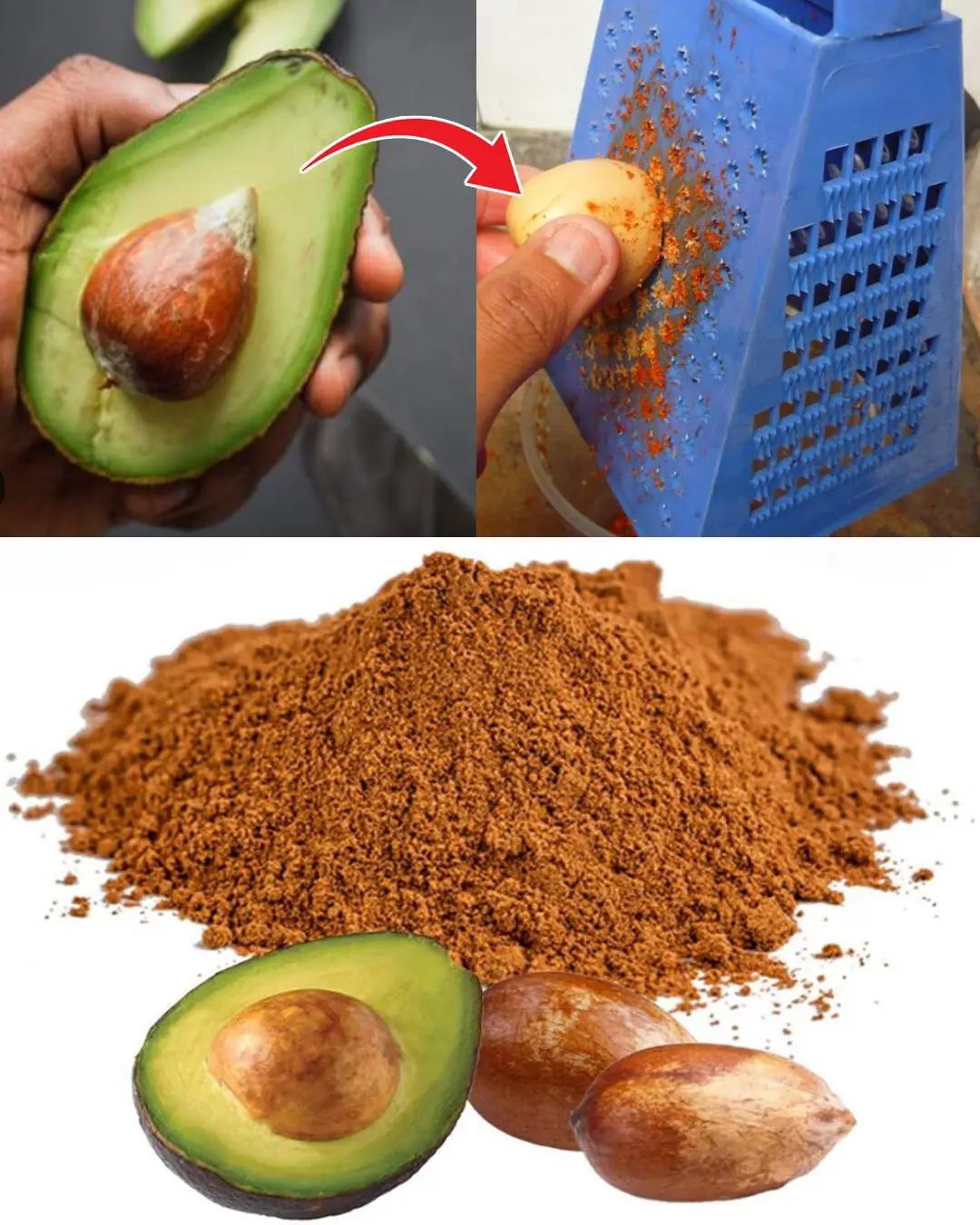
Avocado Seeds Benefits: 7 Reasons to use them

9 Signs You’re Actually Going Through Menopause (Even If You Didn’t Realize It)
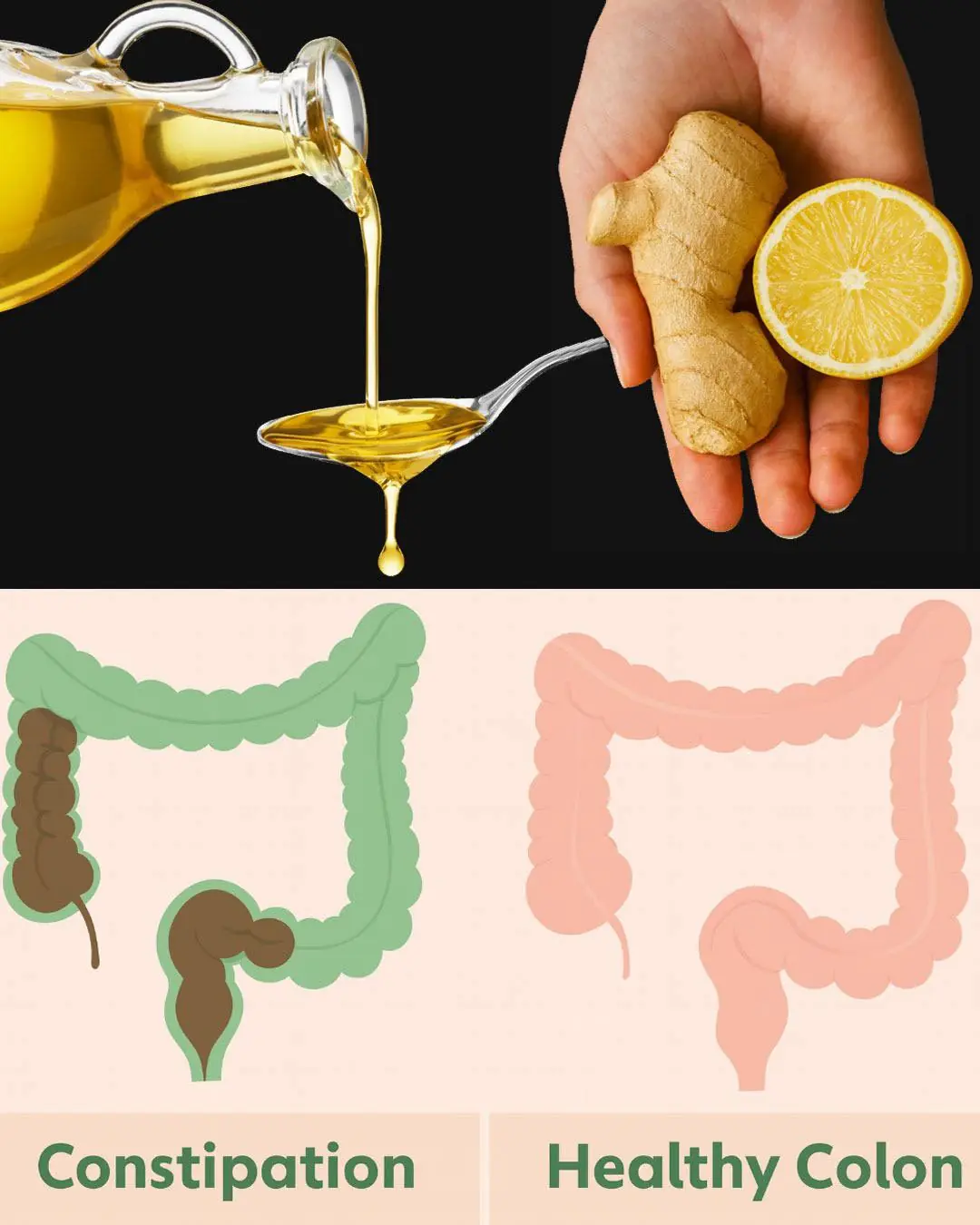
Morning Detox Elixir: Olive Oil, Lemon & Ginger – The Natural Cleanse You Need Daily

Nine Children in Dawsonville Get the Gift of a Bed, Comfort, and Peaceful Sleep
